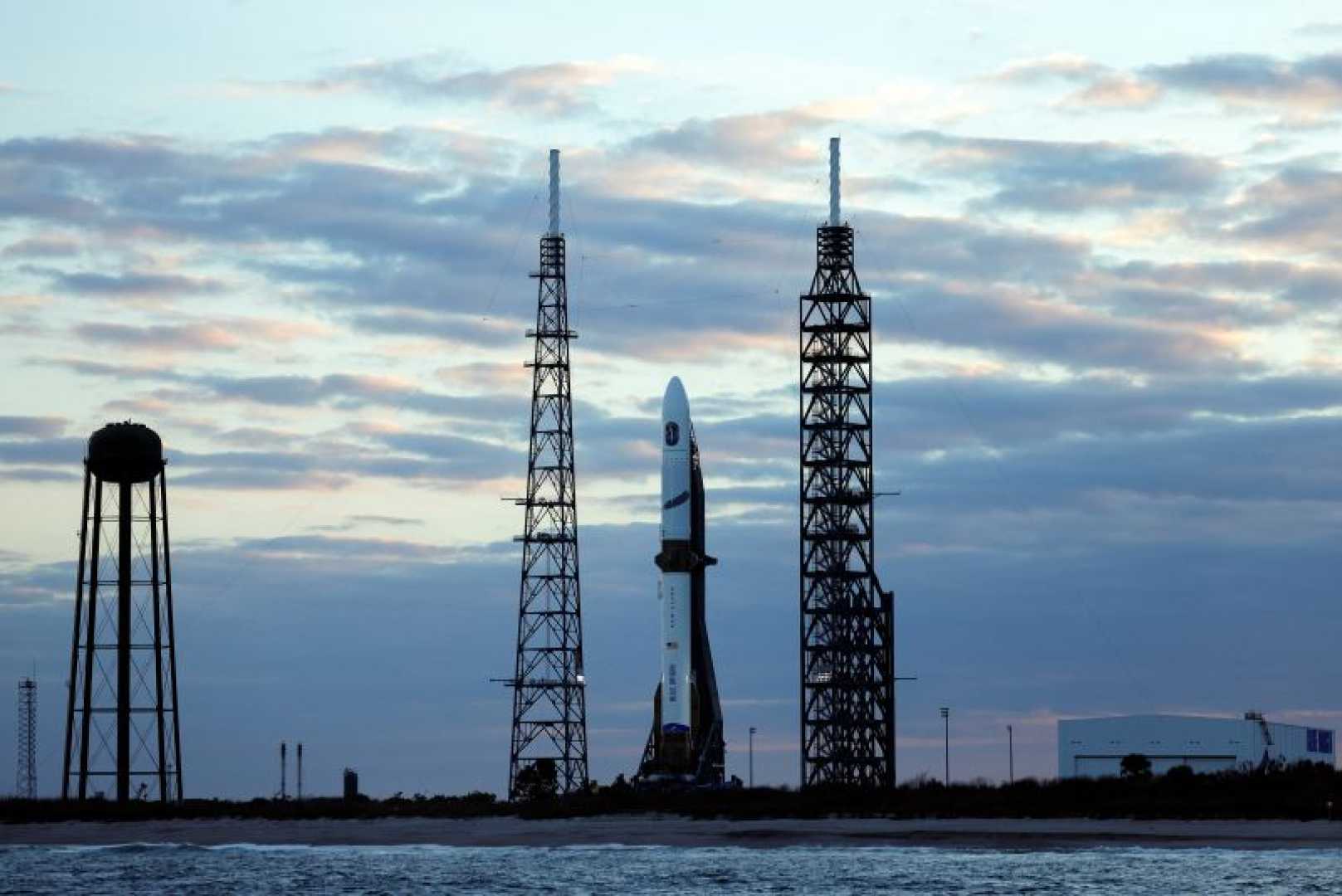Tech
FAA Mandates Mishap Investigation After Blue Origin’s New Glenn Rocket Fails Landing

CAPE CANAVERAL, Fla. — Blue Origin’s New Glenn rocket successfully reached orbit on its maiden flight but failed to land its first-stage booster as planned, prompting the Federal Aviation Administration (FAA) to require a mishap investigation before the next launch. The rocket lifted off from Cape Canaveral Space Force Station on Jan. 16, carrying the Blue Ring Pathfinder, a technology demonstrator for the company’s planned orbital transfer vehicle.
The second stage of the New Glenn rocket achieved its intended orbit, with an apogee of 19,300 kilometers and a perigee of 2,400 kilometers at a 30-degree inclination. However, the first stage, which was supposed to land on the company’s recovery ship, Jacklyn, in the Atlantic Ocean, experienced an anomaly. Telemetry data froze at approximately T+7:55, just as the stage was completing a three-engine reentry burn at an altitude of 25,672 meters and a speed of 6,896 kilometers per hour.
“The FAA is aware an anomaly occurred during the Blue Origin NG-1 mission,” the agency said in a statement. “The FAA is requiring Blue Origin to perform a mishap investigation.” Blue Origin will lead the investigation, with FAA oversight, and must submit a final report and corrective actions before resuming launches.
Despite the landing failure, Blue Origin deemed the mission a success, emphasizing that reaching orbit was the primary objective. “Our Blue Ring Pathfinder hit all our mission objectives within the planned six-hour journey,” said Dave Limp, Blue Origin’s CEO, in a Jan. 17 statement. He added that the upper stage achieved orbital insertion with less than 1% deviation from the target.
The company has not disclosed details about the first stage’s fate but confirmed that the payload successfully tested communications, power, and other systems. Blue Origin plans to launch again this spring, though the exact schedule and payload remain unspecified.
The New Glenn rocket, designed to compete with SpaceX’s Falcon 9, aims to provide reusable heavy-lift capabilities. While SpaceX has mastered first-stage landings, no company has achieved this on its first attempt. Blue Origin has successfully landed its suborbital New Shepard rocket multiple times but has yet to replicate this feat with an orbital vehicle.
Industry experts praised the launch as a significant milestone. “Today’s New Glenn test flight marks a pivotal moment in heavy-lift reusable launch vehicle development,” said Clay Mowry, CEO of the American Institute of Aeronautics and Astronautics. However, some critics raised concerns about the upper stage’s high transfer orbit, which they argue could pose a debris risk. Blue Origin maintains that the orbit complies with debris mitigation guidelines.
Blue Origin’s next mission is expected to carry NASA’s ESCAPADE spacecraft to Mars, though the exact launch date has not been announced.












